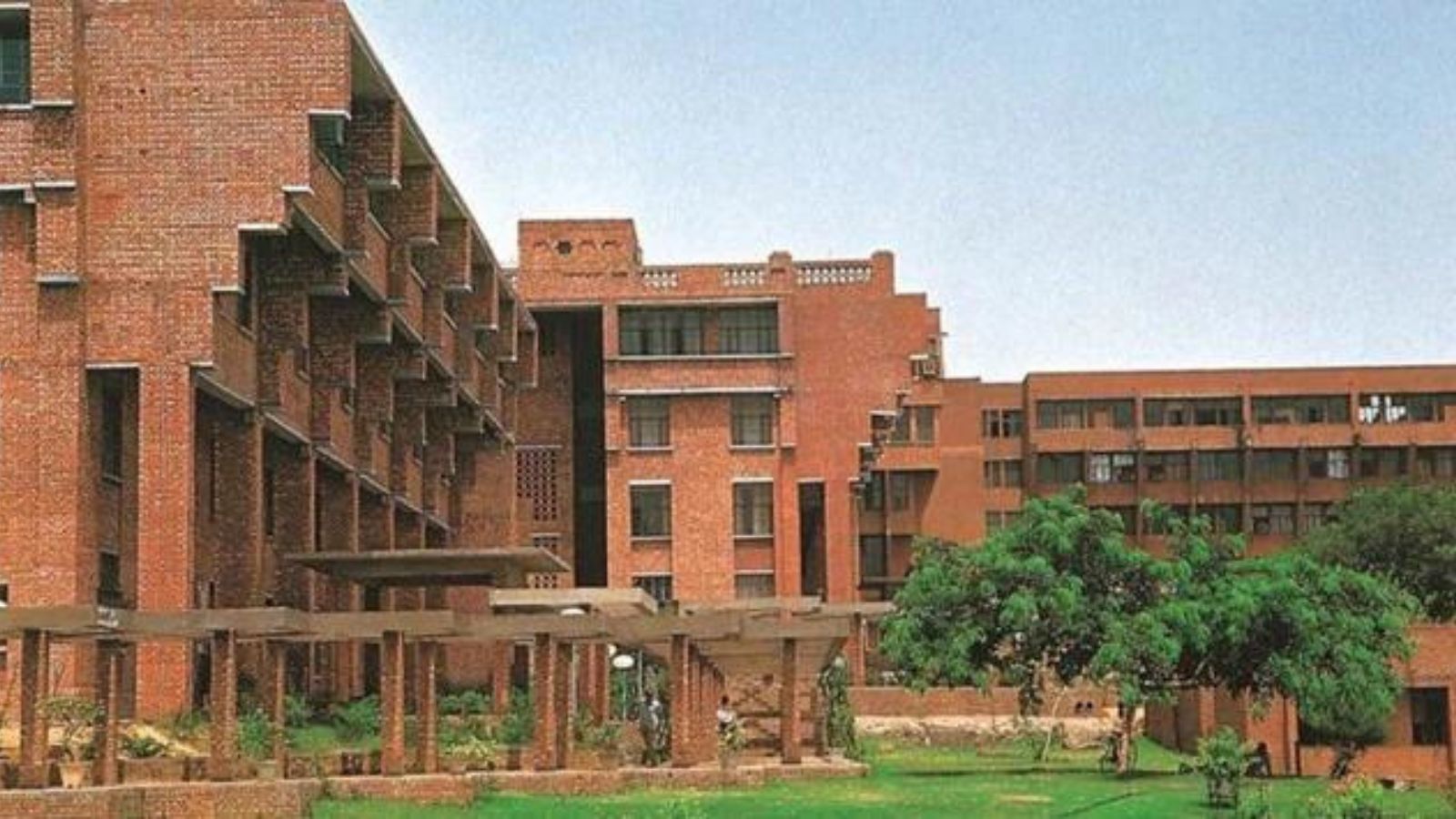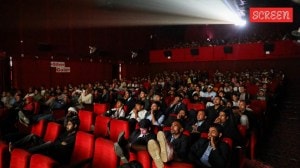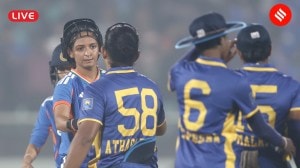JNUSU elections: Delhi HC appoints former SC judge as observer
Former Supreme Court judge Justice V Ramasubramanian has been appointed as an observer to oversee the activities of the election committee constituted for the JNUSU elections to be held on March 22.
 The court disposed of a plea by a student named Sakshi who had challenged the procedure adopted for constituting the election committee for electing the Students Council members and office bearers of the JNUSU. (File Photo)
The court disposed of a plea by a student named Sakshi who had challenged the procedure adopted for constituting the election committee for electing the Students Council members and office bearers of the JNUSU. (File Photo)The Delhi High Court on Friday appointed former Supreme Court judge, Justice V Ramasubramanian, as an observer to exercise oversight over the activities to be discharged by the election committee (EC) constituted for the Jawaharlal Nehru University Students Union (JNUSU) elections for the academic year 2023-24.
A single-judge bench of Justice Sachin Datta in its March 15 order said, “Respective counsel for the parties are also in agreement that in the meantime, for the purpose of the ongoing election process, a retired judge of the Supreme Court be appointed by this Court, as the Observer to exercise oversight over the activities/functions to be discharged by the Election Committee. For this purpose, Mr. Justice V. Ramasubramanian, Former Judge, Supreme Court of India, is appointed as the observer.”
The high court said that the observer shall be entitled to charge appropriate remuneration from the varsity.
The court disposed of a plea by a student named Sakshi who had challenged the procedure adopted for constituting the election committee for electing the Students Council members and office bearers of the JNUSU.
The petitioner had challenged a February 16 notification which stated that Aishe Ghosh and Md. Danish have been authorised by the University General Body Meeting (UGBM) to conduct the General Body Meeting (GBM) in the various constituent schools of JNU for electing the members of the election committee for the upcoming elections. Ghosh was elected as president of JNUSU while Danish was elected as the joint secretary in the 2019 elections, which were the last elections held.
After a gap of four years, JNU will hold the elections on March 22 and the results will be declared on March 24.
Justice Datta observed that on a “prima facie conspectus”, some contentions raised by the petitioner regarding how the election committee was constituted “merit deeper consideration”.
The high court said that as per the resolution of the UGBM (which authorised Ghosh and Danish to convene/preside over the GBMs of various schools), it was clearly mentioned that “in the schools where the councillors elected in 2019-20 are available, the GBMs can be presided over by the councillors in coordination with the office bearers”. However, there is nothing on record to suggest that this procedure was followed, the court noted.
The high court said that there is ambiguity about the so-called “chit system” followed by Ghosh and Danish for conducting the school-level GBMs (to elect members of the election committee from the various schools).
“The ambiguity is accentuated by the explanation sought to be given by the respondent nos.3 (Ghosh) and 4 (Md. Danish) during the course of hearing as regards the procedure adopted, coupled with the absence of any records or minutes reflecting the procedure devised to elect members of the EC from the various constituent schools of the JNU. Needless to say, the relevant records would have to be minutely perused to arrive at a definitive conclusion as regards the legality and propriety of the procedure followed,” the high court said.
Justice Datta thereafter said that instead of the court embarking upon an intricate factual inquiry, it would be appropriate if “in the first instance”, the petitioner’s grievances are examined by the Grievance Redressal Cell which has been specifically constituted for the upcoming elections.
It granted the student the liberty to approach the Cell set up on March 6 in terms of the Lyngdoh Committee recommendations and directed that her grievances be examined and a “reasoned order” be passed by the Cell in accordance with the law.
“Needless to say, in case it is found that the constitution of the EC is not in consonance with the law and/or with the Lyngdoh Committee recommendations (as approved by the Supreme Court), appropriate consequential orders as regards the impugned elections, would also be passed by the Grievance Redressal Cell,’ the court said.
Taking note of the election schedule notified on March 10, the high court directed the Cell to complete this exercise and pass a reasoned order prior to declaration of the final results.







